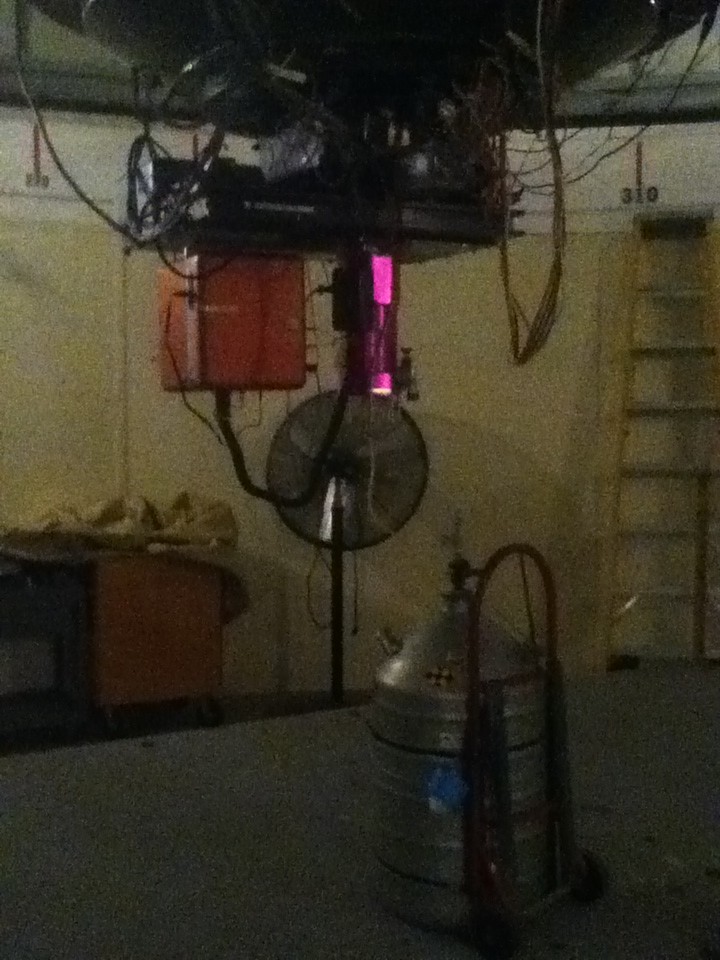There has been a bit of discussion recently at work at what someone needs to do to warrant being an author. The American Astronomical Society (AAS) ethics policy states:
All persons who have made significant contributions to a work intended for publication should be offered the opportunity to be listed as authors. This includes all those who have contributed significantly to the inception, design, execution, or interpretation of the research to be reported. People who have not contributed significantly should not be included as authors.
This seems like a perfectly reasonable, if somewhat ambiguous, definition to me. Obviously the word significant can be interpreted in different ways. My personal view is that anyone who does anything that materially contributes in even a small way should be given the opportunity to be an author. Basically, I can’t see how it hurts anyone to have extra authors on the paper.
Authorship affects the younger researchers more than the older ones. Those with tenure probably don’t need nth authorship on a paper, they have their career, but for an undergraduate or a masters student this could be a significant moment in their life! In both a positive and negative way. Positive, they see their name in print (even if they made only a modest contribution). Negative, they feel their efforts are not duly rewarded and get disillusioned with academia far earlier than necessary. Unfortunately, the older researchers seem to get added to papers as a matter of course whereas the younger scientists are often left off. In one situation I am aware of, the masters student, not knowing the system, thought it was normal to be author on a paper he helped prepare (this despite there being over 80 authors on the paper). Fortunately, when this was brought to the attention of senior people on the project the author was instructed to add him, though late enough that the paper was at the proofing stage. Whether this will help his career or not is debatable but he will always be able to say he was an author of one of the highest impact papers in exoplanet science.

